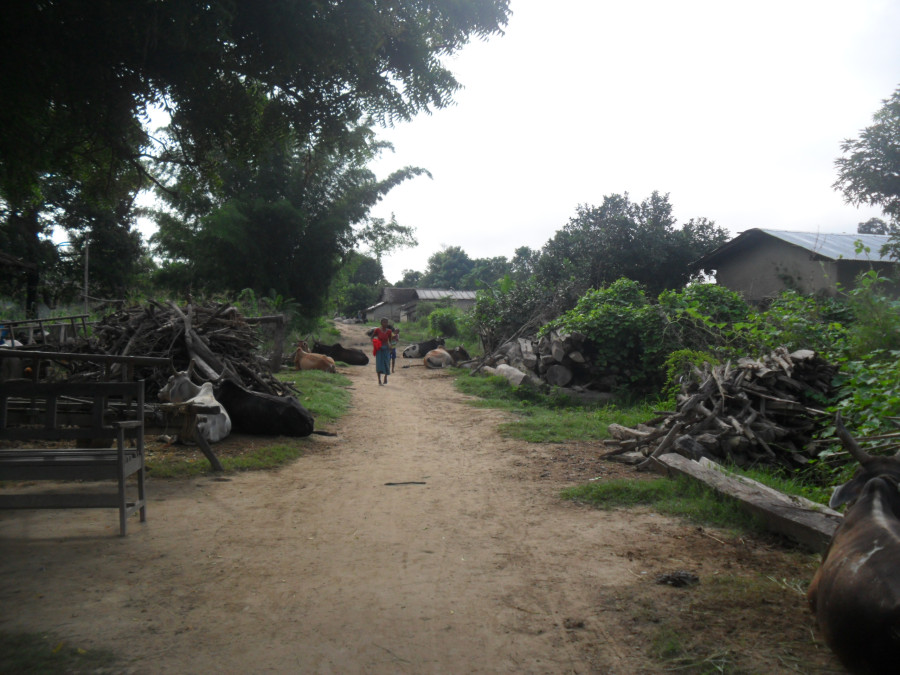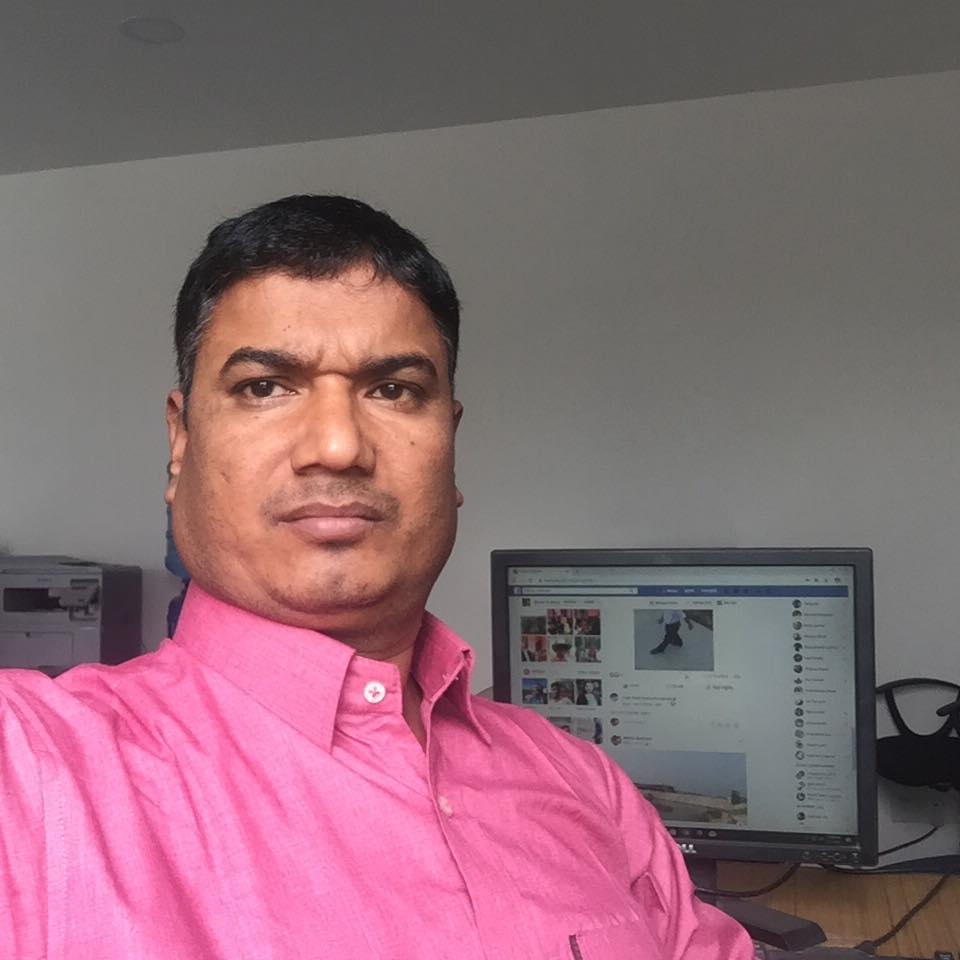National
Three settlements in Kailali depend on India for livelihood
Three settlements across the Mohana river in Kailari Rural Municipality, Kailali district, have to depend entirely upon India for their livelihood.
Mohan Budhaair
Three settlements across the Mohana river in Kailari Rural Municipality, Kailali district, have to depend entirely upon India for their livelihood.
The Tharu settlements of around 180 households—surrounded on the three sides by the Mohana river and adjoined on one side by the Dudhwa National Park of the Indian state of Uttar Pradesh—are isolated from the rest of Nepal due to the absence of bridge over the river. The residents of these settlements are a part of Nepal in paper only, they rely upon India for almost everything.
They go to Indian markets to buy essentials. If anyone falls sick, they are taken to India for treatment. They bring firewood and fodder from the Dudhwa National Park in India, where their cattle are left to graze. If there’s any sort of emergency in the settlements, security officials from India are called upon for help.
But there is a catch. The villagers have to return the favour in cash and kinds.
“Every year, we have to pay the park authorities and the border security personnel in cash and other agricultural produce like grains, vegetables and spices. Our livelihood is not possible if we fail to please them,” said Phularam Chaudhary, a local.
There are 61 and 84 households in the settlements of Mohanapur and Shivaratnapur respectively. Thirty-five families reside at Hausalpur of Kailari-7. Each family of Mohanapur and Hausalpur provides 10 kg rice and 5 kg turmeric to officials from the Chandan Forest Post. Likewise, each household of Shivaratnapur pays Rs 300 to the park administration.
These settlements have no government facilities except for a primary school. They are not connected with Nepal as there is not a single bridge over the Mohana river. And in rainy season, the area is totally cut off from the rest of Nepal since boats, the only means to cross the river, can’t operate in the flooded river.
The social security of the settlements is dependent on what kind of relations the villagers maintain with the forest officials and Seema Surakshya Bal (SSB), the border security force of India.
“We will be under siege if our relation with the Indian authorities turns cold for any reason. They will block our way to the market and the hospital, and our access to the forest will be cut off. We will be trapped,” said Phularam.
Residents of the settlements go to Chandanchauki Bazaar in India to buy essential commodities through Dudhwa forest.
“We are in constant fear that they may block the way,” he added.
Sometimes robbers from India enter the settlements, and herd of wild tuskers and other animals wreak havoc in the villages.
“We have to urge the Indian security personnel to protect us from the robbers and chase away the animals. Security personnel of our country do not come here for our rescue. We have to take shelter in the forest in India when our settlements get flooded during rainy season,” said Bhagiram Chaudhary, the leader of the Tharu community in Mohanpur.
According to Chaudhary, the villagers voluntarily provide cash, rice and vegetables in exchange of the services they get from the Indian authorities. It should not be taken otherwise, he said.
How the settlements came to be
Some former Kamaiyas (bonded labourers now freed by the state) escaped to this remote area across the Mohana river after they could not endure their landlords’ torture.
“My grandfather Bhojlal was the first to settle here some 40-45 years ago. He was a Kamaiya in Kailali. He revolted as he could not bear the pain and suffering inflicted by the landlord, and came here with his four sons and a wife. He first went to Chandan Chauki in India but he feared that the landlord would come there and get him. So he chose this place surrounded by forests and river to hide,” said Bhagiram.
The local people do not have land ownership certificate for the land they are living on. The settlements have no police post nor transportation and electricity facilities.
Lajuram Chaudhary, chief of the rural municipality, said that it is difficult to carry out development activities in these settlements.
“We have taken initiatives to construct a suspension bridge over the Mohana river,” he said.




 9.89°C Kathmandu
9.89°C Kathmandu














